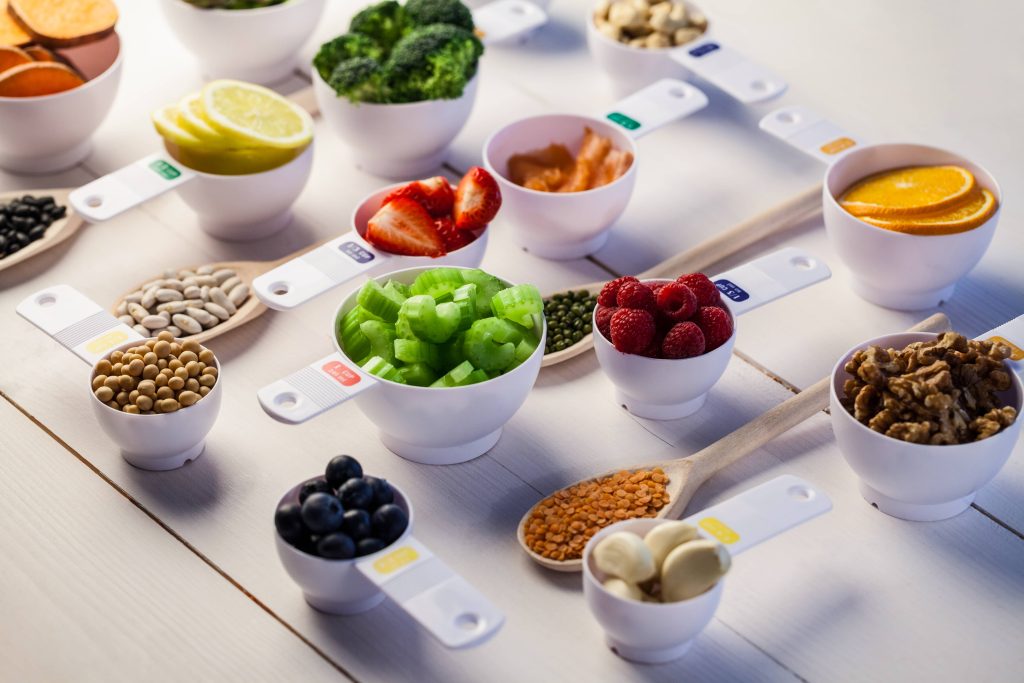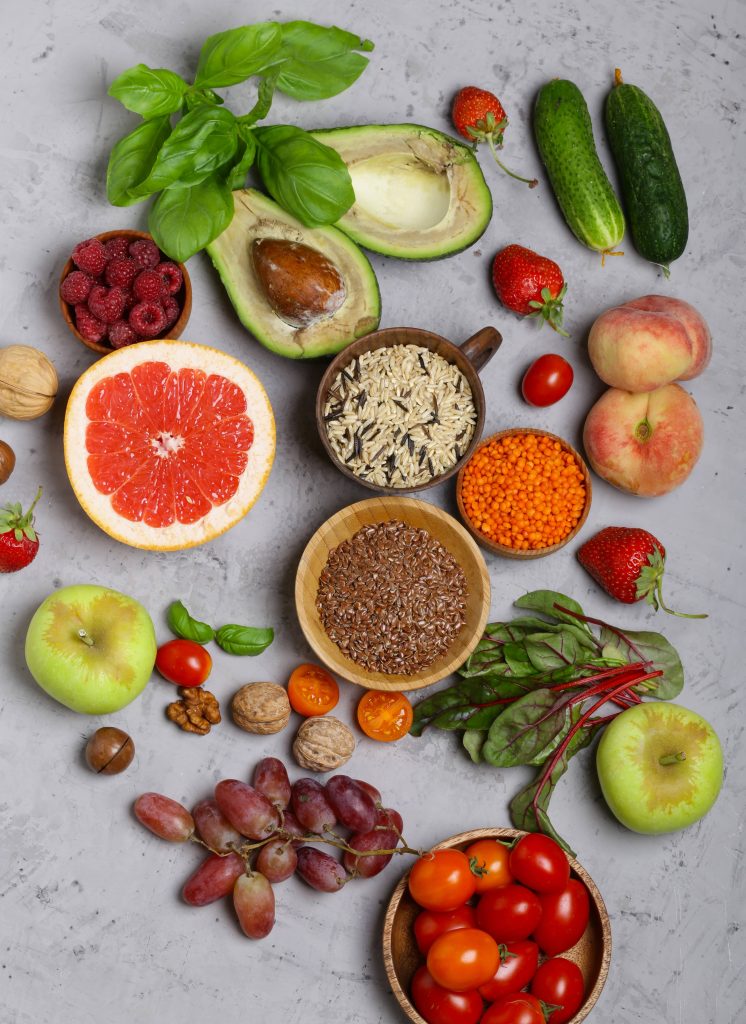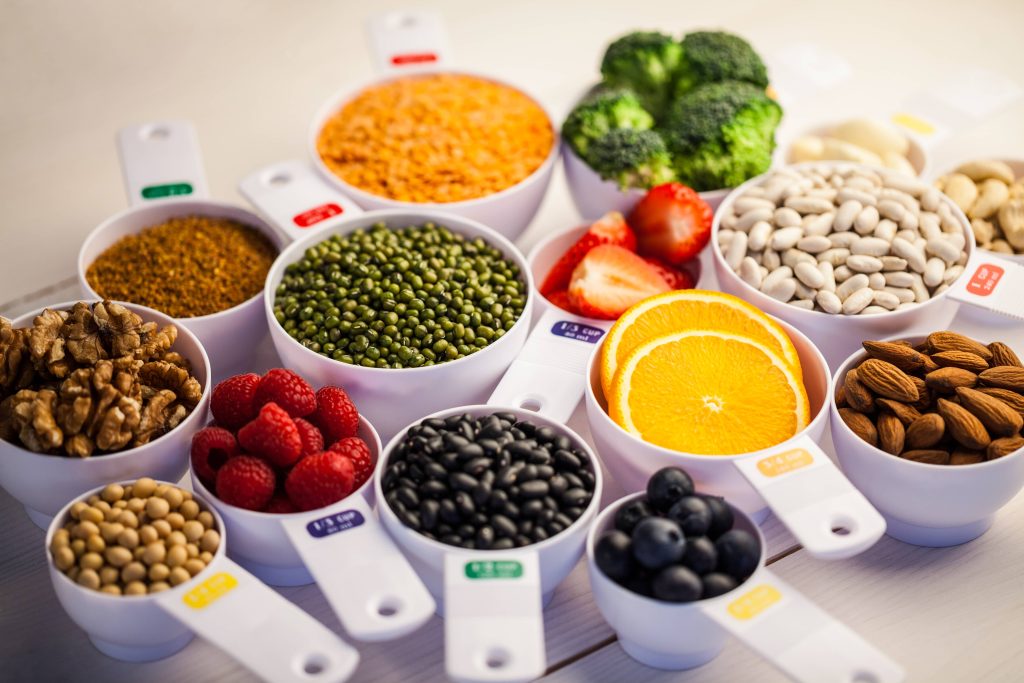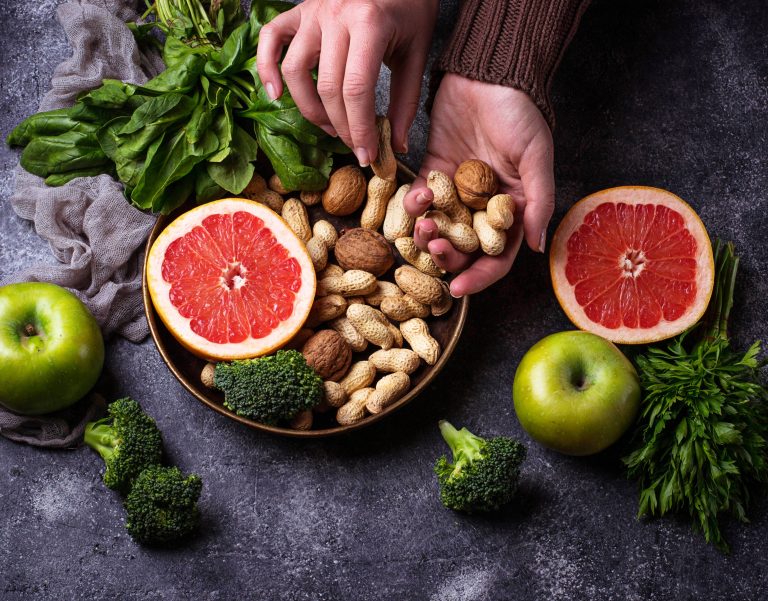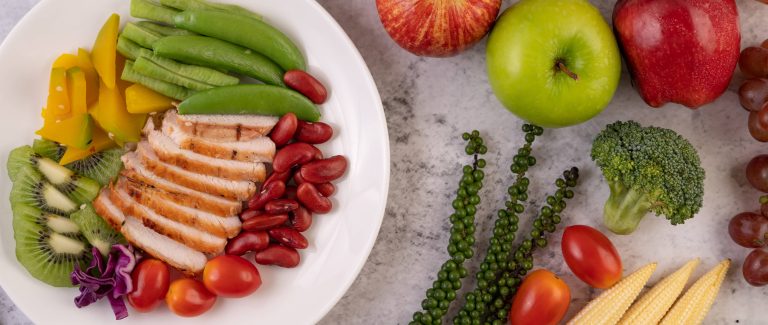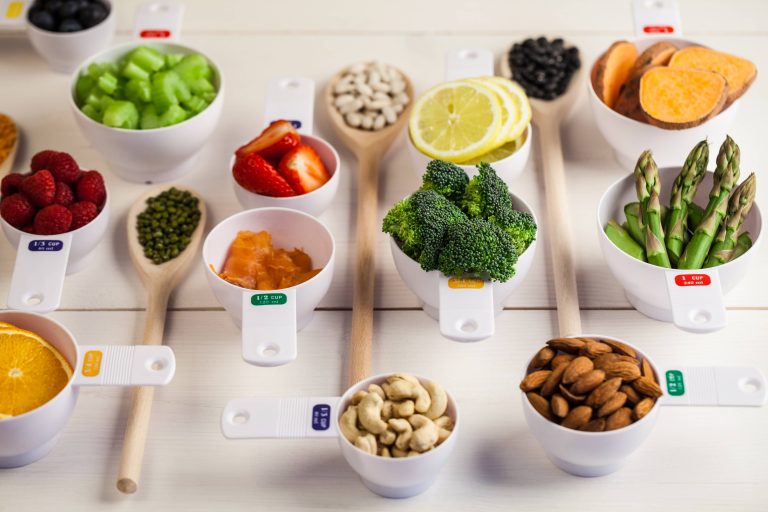
In the quest for weight loss, many people focus on diet and exercise, often overlooking a simple yet powerful tool: hydration. Drinking enough water is not only essential for overall health but can also be a strategic component in achieving weight loss goals. This blog post will explore how hydration can aid in weight loss, the science behind it, and practical tips to incorporate this strategy into your daily routine.
The Science of Hydration and Weight Loss
Water is a vital component of the human body, making up about 60% of our total body weight. It plays a crucial role in various bodily functions, including digestion, absorption, circulation, and temperature regulation. When it comes to weight loss, water can be a game-changer for several reasons:
1. Appetite Suppression: Drinking water before meals can help suppress appetite. A study published in the journal Obesity found that participants who drank 500 ml of water before each meal lost more weight than those who did not. Water can create a sense of fullness, reducing the likelihood of overeating.
2. Calorie Burning: Drinking water can temporarily boost metabolism. Research indicates that drinking 500 ml of water can increase metabolic rate by 30% for about 30-40 minutes. This increase in energy expenditure can contribute to weight loss over time.
3. Reduced Caloric Intake: Choosing water over sugary drinks can significantly reduce your daily caloric intake. Beverages like soda, juice, and alcohol are high in calories and sugar, which can contribute to weight gain. Replacing these with water can help cut down on unnecessary calories.
4. Improved Exercise Performance: Staying hydrated is crucial for optimal physical performance. Dehydration can lead to fatigue, reduced endurance, and decreased motivation to exercise. By maintaining proper hydration, you can enhance your workout performance and burn more calories.
5. Fat Metabolism: Water is essential for the process of lipolysis, the breakdown of fat. The first step in this process is hydrolysis, where water molecules interact with fats to break them down. Without adequate water, the body’s ability to metabolize stored fat is hindered.
Practical Tips for Using Hydration in Weight Loss
Incorporating hydration into your weight loss strategy doesn’t have to be complicated. Here are some practical tips to help you stay hydrated and support your weight loss journey:
1. Set a Daily Water Goal: Aim to drink at least 8-10 glasses of water per day. This can vary depending on your body size, activity level, and climate. Use a water tracking app or a journal to keep track of your intake.
2. Drink Water Before Meals: As mentioned earlier, drinking water before meals can help reduce appetite. Try to drink a glass of water 30 minutes before eating to help control portion sizes.
3. Carry a Water Bottle: Having a reusable water bottle with you at all times makes it easier to stay hydrated throughout the day. Choose a bottle that you enjoy using and that fits your lifestyle.
4. Infuse Your Water: If plain water is too bland for your taste, try infusing it with fruits, herbs, or vegetables. Lemon, cucumber, mint, and berries are popular choices that add flavor without extra calories.
5. Monitor Your Urine Color: A simple way to check your hydration status is by observing the color of your urine. Pale yellow indicates proper hydration, while dark yellow or amber suggests you need to drink more water.
6. Limit Diuretics: Beverages like coffee, tea, and alcohol can have diuretic effects, leading to increased urination and potential dehydration. While moderate consumption is fine, be mindful of your intake and compensate with additional water.
7. Eat Water-Rich Foods: Incorporate foods with high water content into your diet, such as cucumbers, watermelon, oranges, and lettuce. These foods can contribute to your overall hydration and provide essential nutrients.
8. Listen to Your Body: Thirst is a natural indicator that your body needs water. Pay attention to thirst cues and drink water when you feel thirsty, rather than waiting until you are dehydrated.
Conclusion
Hydration is a simple yet effective strategy for weight loss that is often overlooked. By understanding the science behind how water aids in weight loss and implementing practical tips to stay hydrated, you can enhance your weight loss efforts and improve your overall health. Remember, while hydration is important, it should be part of a comprehensive approach that includes a balanced diet and regular physical activity. Start incorporating these hydration strategies today and take a step closer to achieving your weight loss goals.

